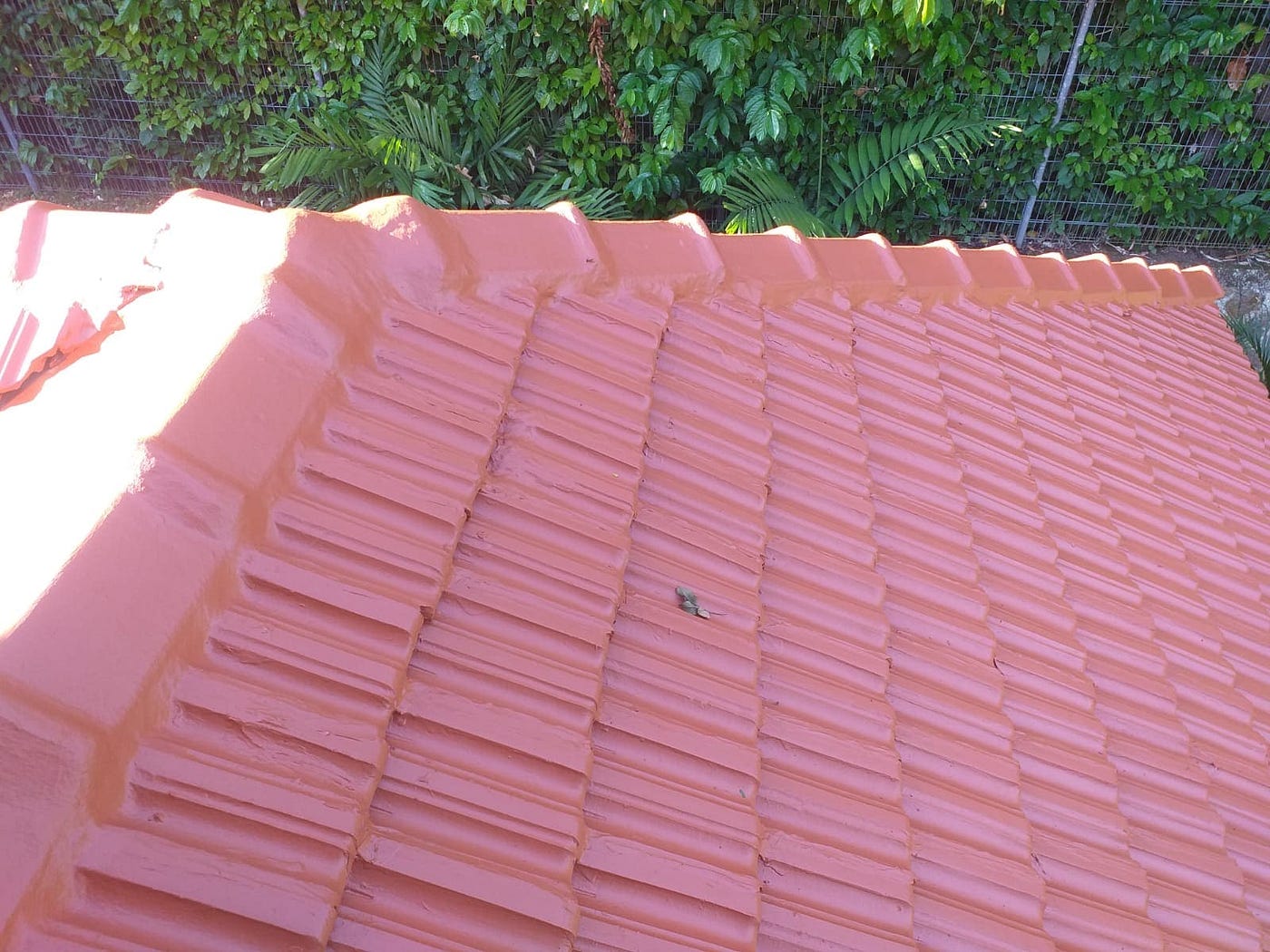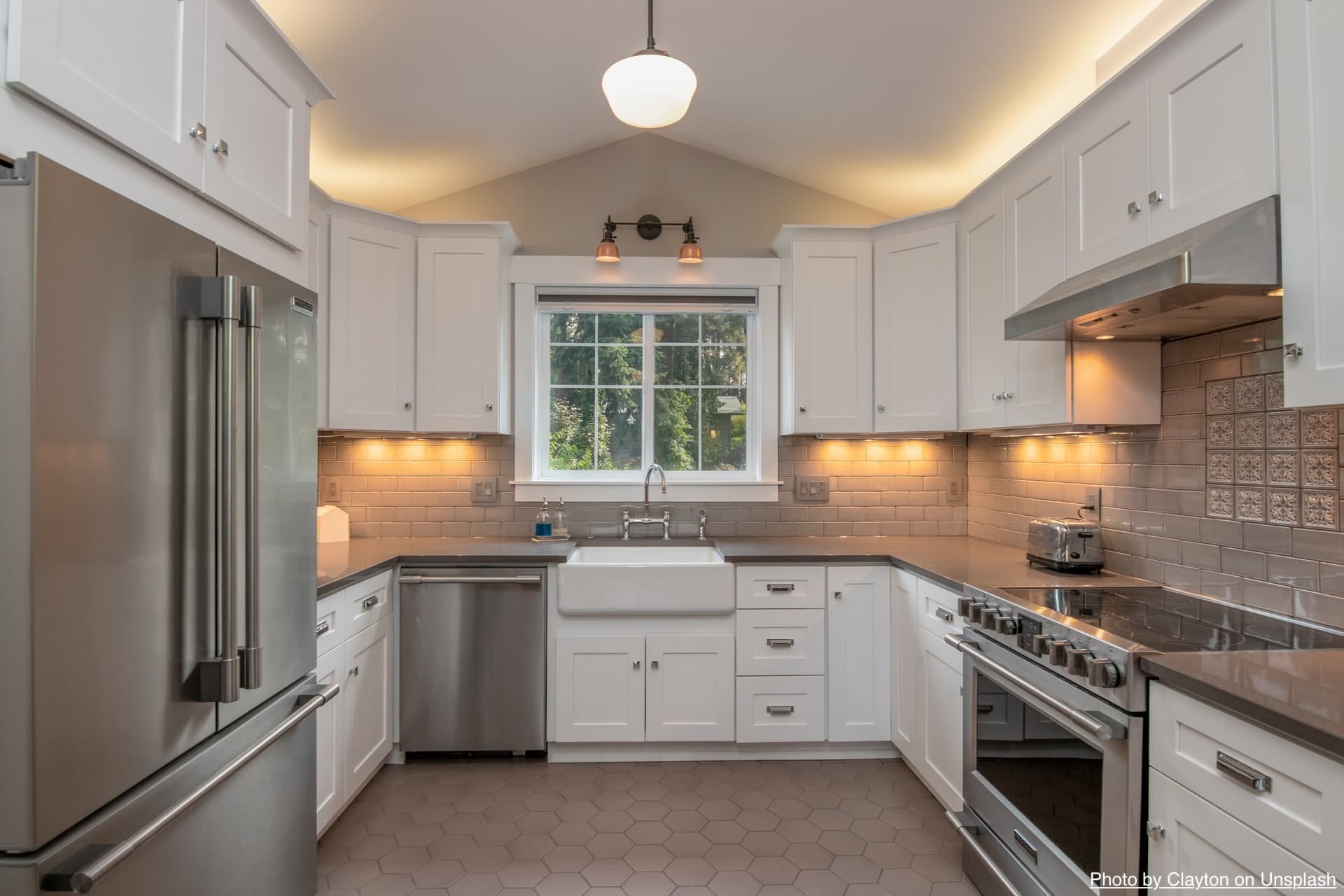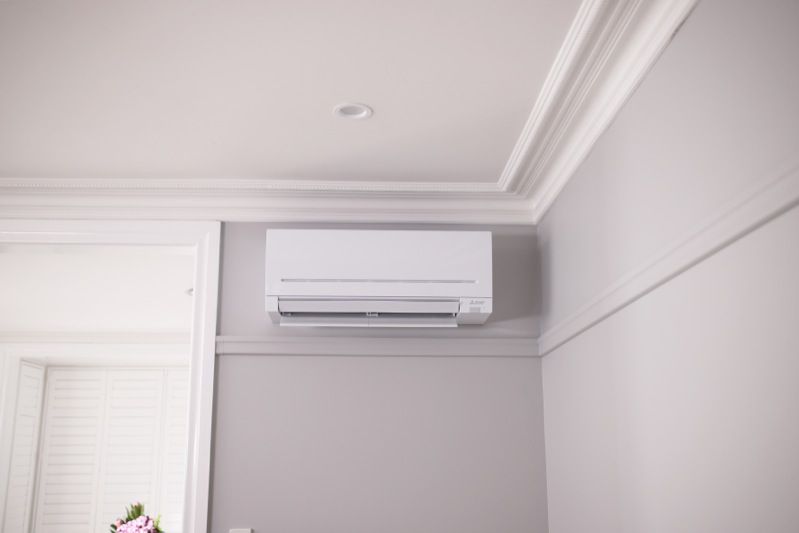5 Things Every First-Time Homebuyer Should Know

Being a first-time buyer is fun! But I do know that it can be frustrating – especially when you see homes for sale at an estimated $ 315,000 and the homes are flying in the market in just three weeks.
With the tendency for such structures, you may be tempted to rush into making a purchase that could jeopardize your financial goals and deter you from paying off your mortgage until you retire.
No one wants that! Hopefully, you guys, it’s okay to do this the right way. And that means buying a home that you love and that doesn’t hurt your future financial goals.
I’m so glad you asked! I have included these tips for the first-time homebuyer as they do the home buying process. Use this today to make your first home a blessing, not a burden.
Table of Contents
1. Pay off the Debt and Create an Emergency Fund
Having a home is more expensive – it is more expensive than renting, even if your monthly rent will be the same or cheaper than your current rental price. That is because if you are the owner of the house, you are responsible for all the costs of maintenance and maintenance. And those can add up quickly! So, before you even consider buying your first home, make sure that you are not in debt and that you have an emergency fund for three to six months of the expenses you have received.
If you move into a home that is free of charge (excluding collateral) and you have a good emergency wallet, you will have the money to pay for large and unexpected expenses. You will be able to love the life you have set for yourself because stress and anxiety will not be part of the equation!
2. Find Out How Much A House Can Sell
Before sticking emotionally to a good house, check your monthly budget to find out how much house you can afford. You need to leave space on your budget for other things, so make sure your monthly housing expenses (including HOA fees, taxes, insurance, etc.) will not be more than 25% of your monthly home bill.
/client-signing-a-contract-in-a-real-estate-agency-580177d15f9b5805c240cd93.jpg)
3. Keep Down Payment
If you save to pay cash for the whole house price is not appropriate for your family’s timeline, at least you save a minimum of 20% or more. Then you will not have to pay private property insurance (PMI) insurance, which protects the mortgage company in the event that you are unable to pay and end up being foreclosed on. The PMI usually costs 1% of the total loan, and you will be charged 1% per annum. It can therefore add significantly to your monthly mortgage payment according to the current mortgage rates.
If a 20% down payment seems unattainable to you, the first consumer plans offering single-digit payments may sound tempting. But don’t use them! These options will cost you dearly over time.
4. Save Closure Costs
In accordance with your down payment, you will also be required to pay the closing costs. If you are a first-time buyer at home, you may be wondering how much it costs to close a house. On average, the closing cost is about 3-4% of the purchase price of your home. Your lender will provide you with a number so that you know exactly what to bring on the closing date.
5.Allowed to Get a Loan
Once you are sure that you have enough savings to cover the closing costs and 20% of your home, you are ready to manage the other 80% by talking to a real estate agent.
Get an early loan quote and take extra time to get a letter of approval before starting your home search. Pre-approval shows sellers that you are a willing buyer, which is a great way for the first real estate buyers to move forward in a competitive market.





